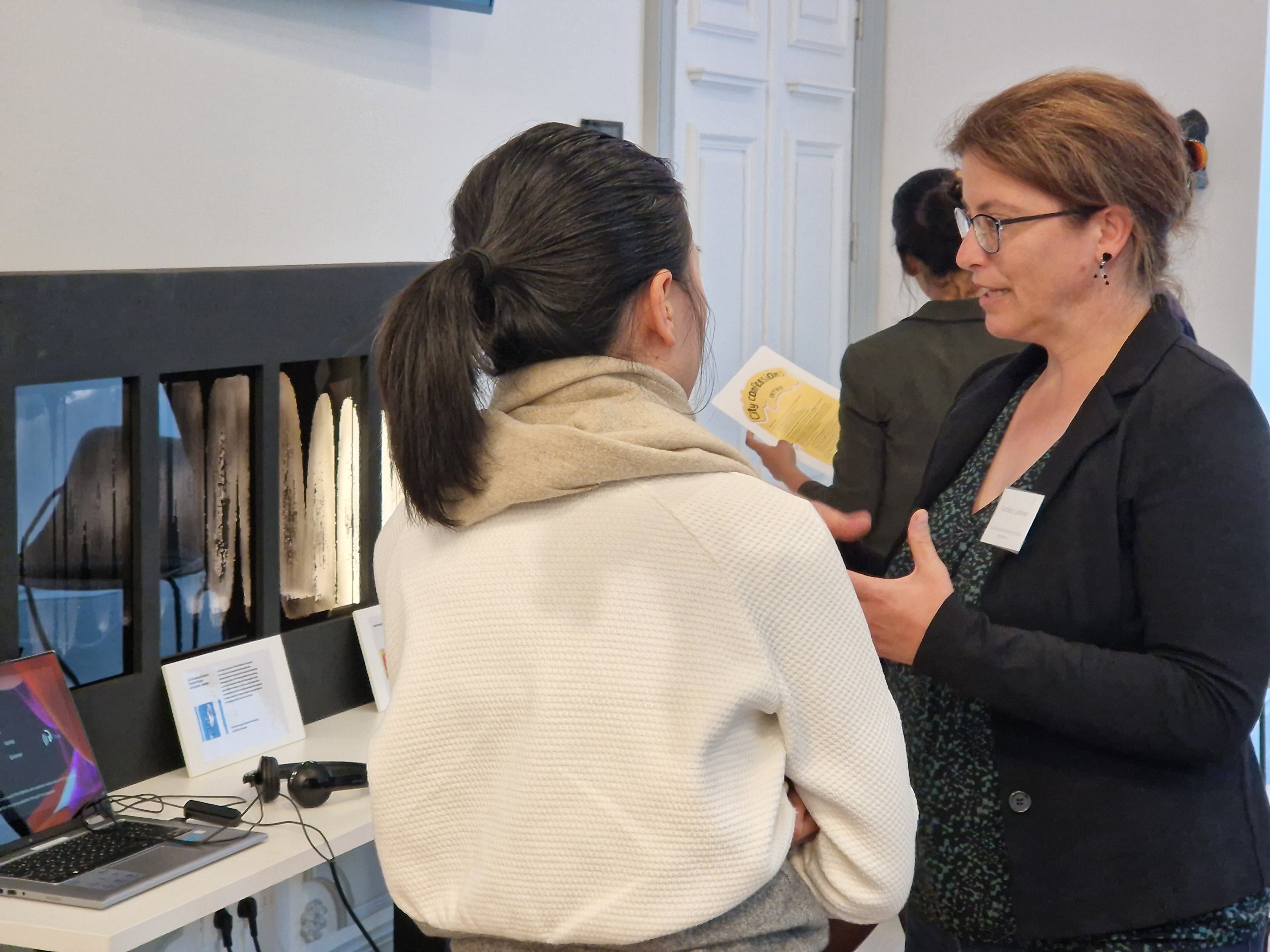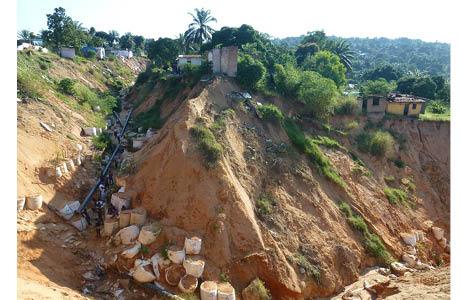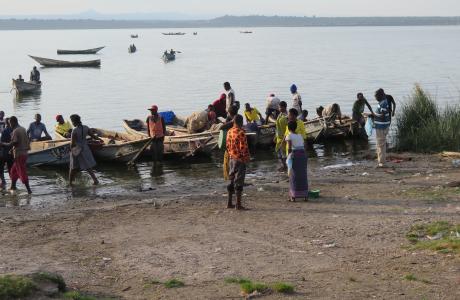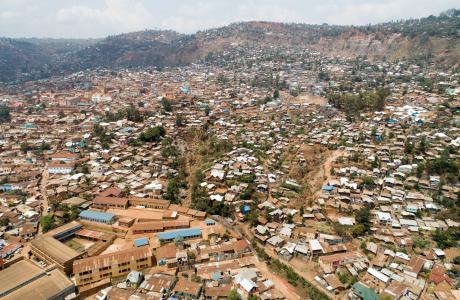Community engagement in citizen science
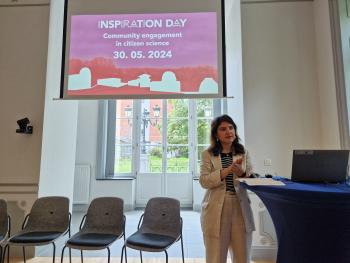
On 30 May, the federal citizen science community met at the Royal Meteorological Institute to discuss the role of local communities in scientific research. To engage these communities, scientists need to figure out smart and empathetic approaches – a task that forces researchers to rethink their methods all the time. Six concrete projects showed us different ways that research teams rose to the challenge.
The afternoon started with the masterclass “Introduction to citizen science” by Annelies Duerinckx from Scivil, the Flemish knowledge center for citizen science.
If archaelogists dig up and study ancient objects, palaeographers go through and study...handwriting! Gert Gielis from the State Archives introduced the PARDONS project, in which amateur palaeographers decipher 16th-century letters of pardon and help train artificial intelligence models using Transkribus.
Visitors only see a tiny fraction of a museum’s collections. Larissa Smirnova from the AfricaMuseum collaborated with newcomers in the conservation and study of biological collections in the CRESCO project, so that more of them will be accessible to the public.
A stroll around the city can quickly become unpleasant when harassers are around. Danielle Fernandes from the VUB talked about co-creating the board game City confessions with a group of young women to raise awareness about street harassment.
During the second session, Arnaud Jacobs (Belgian National Scientific Secretariat on Invasive Alien Species) introduced ecological monitoring through citizen science. He talked about implementing a Flatworm Watch network to monitor invasive flatworm species, voracious predators that can have a large impact on biodiversity.
Should you bring an umbrella tomorrow? Maarten Reyniers from the Royal Meteorological Institute demonstrated how crowdsourcing observations transform weather forecasting by improving the accuracy and reliability of weather forecasts.
How we talk about science is just as important as the science itself. Karolien Lefever from the Royal Belgian Institute for Space Aeronomy advocated for ethical scientific communication, made with and for marginalized communities. Science and art are not separate worlds. In project RoadMap, art students interpreted scientific research on Mars’ atmosphere through sound and light installations.
The opportunity for scientists from different backgrounds to exchange valuable insights and methods on citizen science with each other made for an engaging and educational afternoon.
Download the presentations and meeting minutes
Introduction to Citizen Science - Scivil
PARDONS
CRESCO
City Confessions
Flatworm Watch
Weather Forecasting
BIRA and Art
Meeting minutes
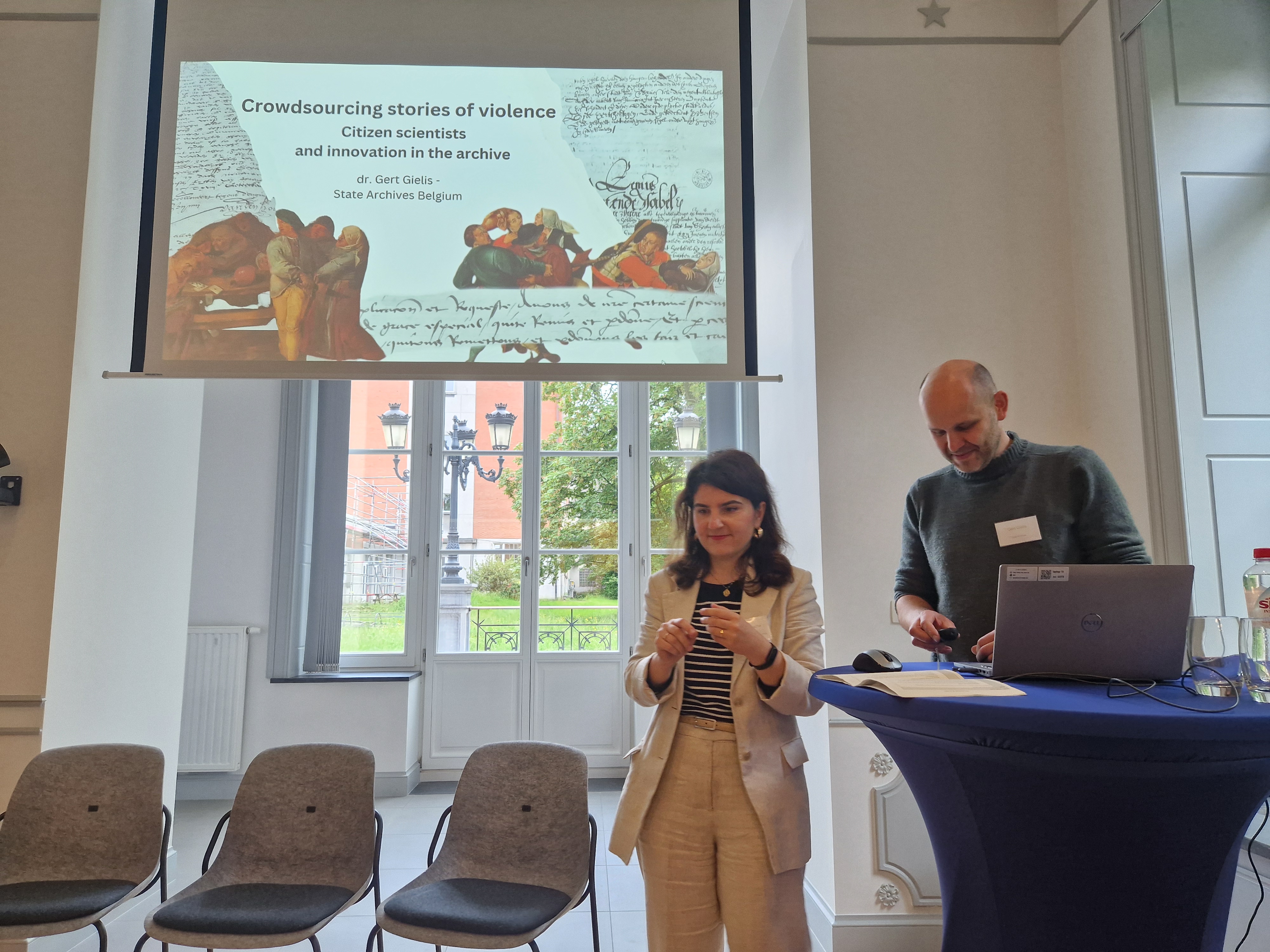
.jpg)
